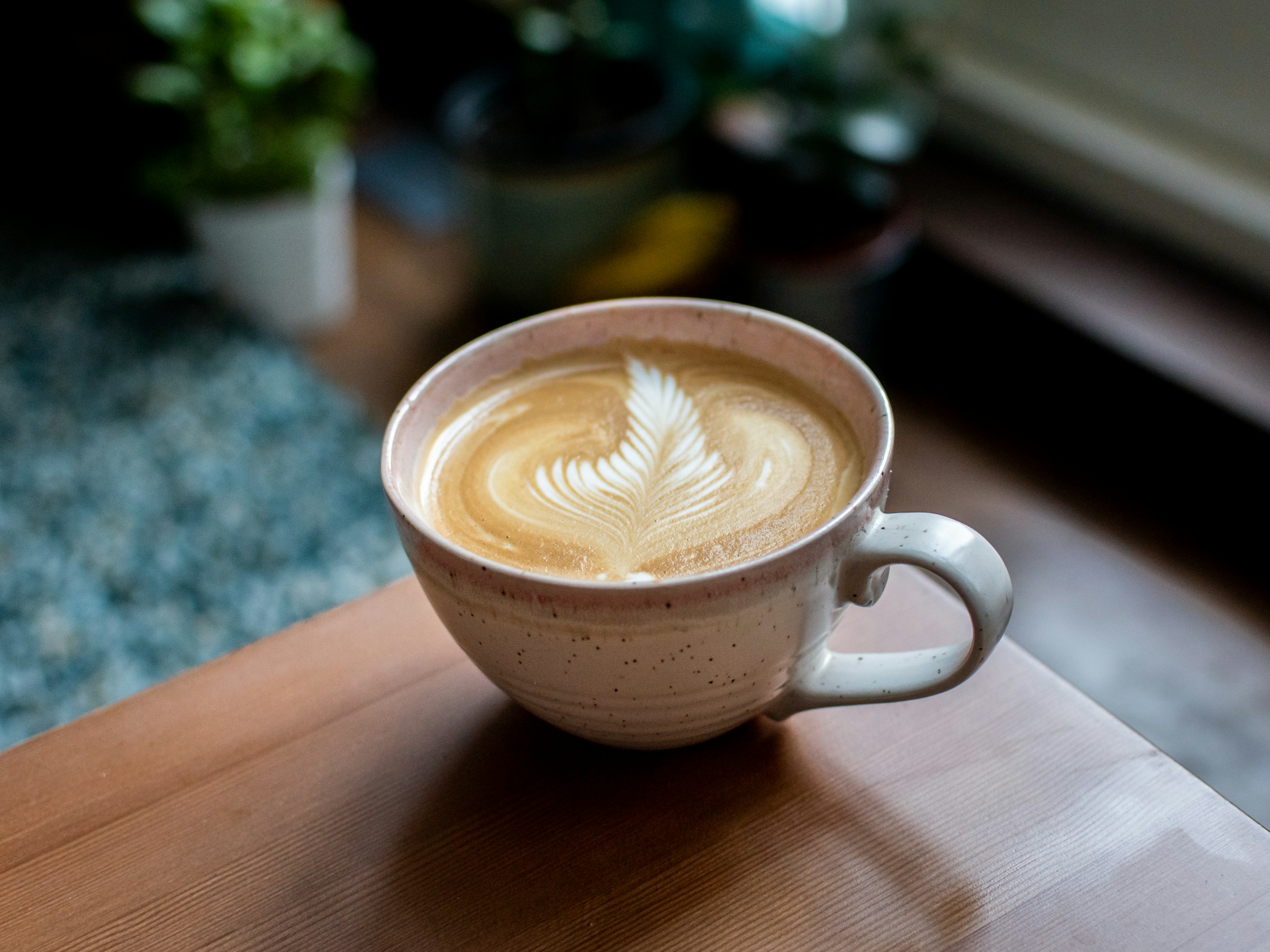I’ve never been one to be overly hungry in the morning hours. Instead, I’m more encouraged to get up and go downstairs to make coffee to start my day. For me, coffee serves as my breakfast, making intermittent fasting even easier. I usually eat my first meal, breakfast, around noon to 1 p.m., so every morning, I drink coffee on an empty stomach (and not just one cup of coffee — I drink multiple).
As a health enthusiast and coffee lover, I have always questioned whether this is the best for my health. Maybe I knew it all along or prefer to ignore it. But is drinking coffee on an empty stomach acceptable, or should I reconsider my morning habits? Here’s what to know about drinking coffee on an empty stomach.
Drinking coffee on an empty stomach

The more I’ve thought about this topic, the more I realize that most coffee drinkers drink on an empty stomach. Now, this is likely not something most are thinking about. But if you make your morning cup of coffee and start sipping before you’ve eaten breakfast, you fall into this bucket, too.
Because so many of us are drinking coffee on an empty stomach, it’s clear it’s not necessarily dangerous. We’re all still here. But that doesn’t mean it’s not causing damage we can’t see or feel. The question then shifts from, “Can you drink coffee on an empty stomach?” to “Should you?”.
How coffee impacts cortisol levels

One of the most common concerns surrounding drinking coffee on an empty stomach relates to how coffee affects our hormones. The stress hormone cortisol is already at its peak in the morning, usually within 30 minutes of waking up (per the National Institutes of Health). The adrenal glands produce cortisol, which has many essential functions, yet too much can pose health risks. High cortisol levels have been linked to several poor health outcomes, such as an increased risk of developing chronic diseases like type 2 diabetes or heart disease.
The potential problem with drinking coffee on an empty stomach is that coffee can further stimulate cortisol production. To learn more about coffee’s effects on cortisol, I spoke with Trista Best, MPH, RD, LD, a registered dietitian at The Candida Diet.
“Drinking coffee on an empty stomach can lead to a spike in cortisol, also known as the stress hormone. Cortisol is naturally high in the mornings, as it helps with waking up, but drinking coffee on an empty stomach at this point in the day can create an unnaturally high spike in this hormone,” she said.
“This rapid rise in cortisol increases anxiety and irritates the stomach lining, causing digestive discomfort. Over time, chronically high cortisol can lead to insulin resistance, which makes blood sugar regulation difficult. This eventually leads to an increase in abdominal fat storage. Elevated cortisol can also lead to other health concerns, including poor sleep, cravings for high-calorie foods, irritability, fatigue, brain fog, and difficulty losing weight.”
Impact on the digestive system

Not only can drinking coffee on an empty stomach potentially impact your cortisol levels, but it may also lead to increased stomach irritation. As Best noted, drinking coffee without food in your stomach could irritate the lining and cause digestive discomfort in some people. Also, some people may be more affected by the GI effects of coffee than others, especially those with digestion conditions such as irritable bowel syndrome.
Some research does support this idea, which finds that consuming coffee could stimulate excessive production of stomach acid. However, others believe insufficient medical research exists to make firm conclusions about the link between drinking coffee on an empty stomach and digestive stress. If you experience digestive issues after drinking coffee on an empty stomach (heartburn, nausea, indigestion, etc.), it might be a sign that it’s time to eat some breakfast before rushing to make your favorite cup of joe.
How to avoid drinking coffee on an empty stomach

The choice of whether or not to drink coffee on an empty stomach is a personal one. While I still struggle to break the habit of drinking coffee on an empty stomach, I’m actively trying to remember to eat before slurping down three cups of coffee. Habits take time to form, but educating yourself is the first step toward change. Not surprisingly, I’ve noticed my stomach feels better when I eat food before drinking coffee.
“To prevent [a] spike in cortisol, drinking coffee either with or after eating is ideal. This is best for cortisol levels and metabolism and gut health,” Best said. Even if you eat or send down a small amount of food before drinking coffee, it can be helpful to buffer the drink’s acidity and leave your stomach without that “burning” feeling. If you needed an excuse to grab a breakfast sandwich or a croissant on your next coffee run, now you have one. It’s for your health.




